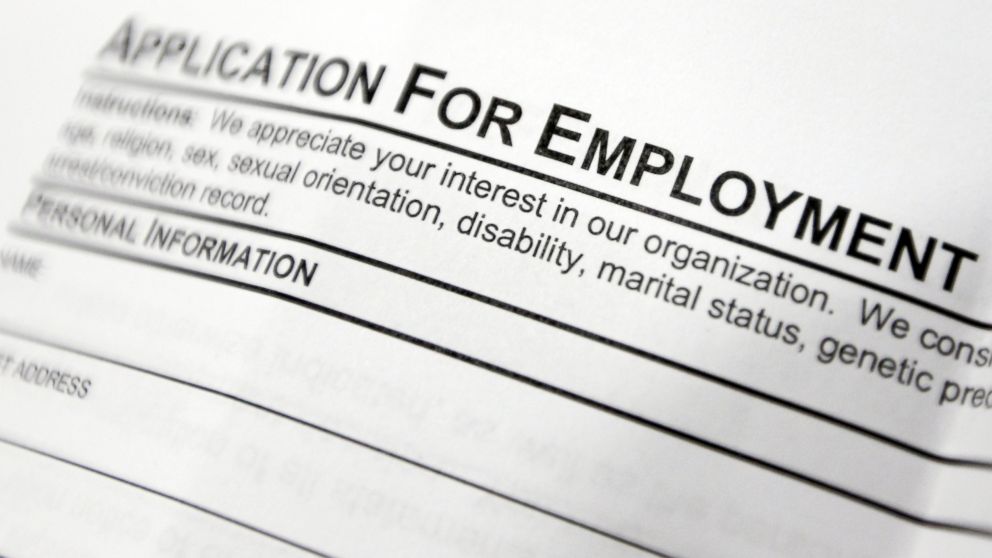US adds fewer jobs than expected in August
This was a weaker than expected report.

— -- U.S. job growth slowed in the month of August, according to a report from the Bureau of Labor.
Here’s the rundown of the August report released this morning at 8:30 a.m. ET.
By the numbers
This was a weaker than expected report.
In August, the U.S. economy added 156,000 jobs, fewer than economist forecasts of 180,000.
The unemployment rate ticked slightly higher, from 4.3 percent to 4.4 percent.
Jobs gains for June and July were also revised lower.
June was revised down from 231,000 to 210,000, and July was revised down from 209,000 to 189,000.
What the experts say
Although job growth was somewhat softer in August, and there were downward revisions to job growth in both June and July, “the labor market remains in good shape,” according to Gus Faucher, PNC chief economist.
“The economy has added 185,000 jobs per month on average over the past three months. This is about double the pace needed to keep up with underlying growth in the labor force, and thus job market slack continues to diminish,” Faucher said. He believes the unemployment rate, should move slightly lower over the rest of 2017 and into 2018.
"On the face of it, the August employment data came in on the lighter side [at 156,000],” said Mark Hamrick, senior economic analyst at Bankrate.com. “Payrolls growth was below expectations and we had downward revisions reducing June and July payrolls by a total of 41,000 jobs. Still, with an average of 185,000 jobs added over the past three months, we’re still creating enough jobs to continue reducing slack in the work force. We’ve learned not to panic because of one month’s set of numbers."
Where the jobs are
Key issue going forward: Stubbornly weak wage growth
Wage growth has consistently disappointed with average hourly earnings up just 2.5 percent over the past year.
In August, average hourly earnings rose by just 3 cents to $26.39, after rising by 9 cents in July.
With the backdrop of strong new job creation and a tightening labor market, experts are wondering why wages aren't rising more, and the stagnation could keep the Federal Reserve from hiking interest rates until sometime next year.
Possible impact from Hurricane Harvey?
While the damage is still being assessed in Houston, this could be the costliest storm in history.
That said, Harvey’s impact is not accounted for in this jobs report.
For comparison, in the first 10 months after Katrina, New Orleans lost 95,000 jobs in industries like tourism, port services and health care. Construction notably added jobs due to the rebuilding efforts.
While we do not yet know what impact Harvey will have on jobs, one benefit to the Houston economy is how diversified its businesses are -- from energy to health care, Houston is home to 20 Fortune 500 companies.




